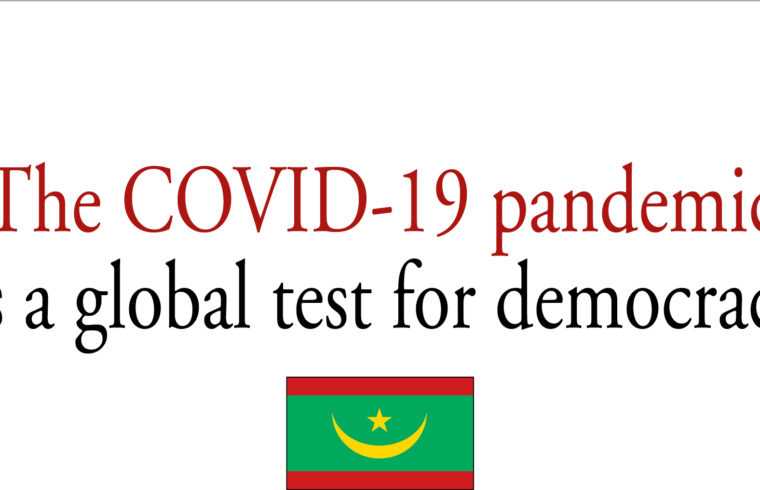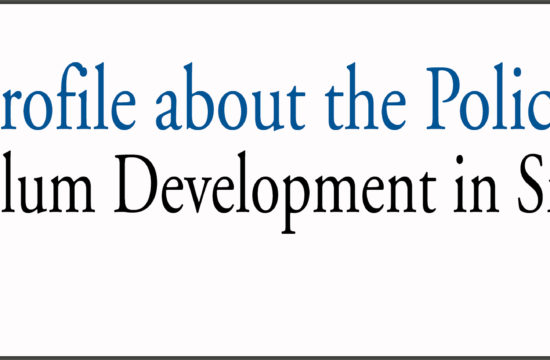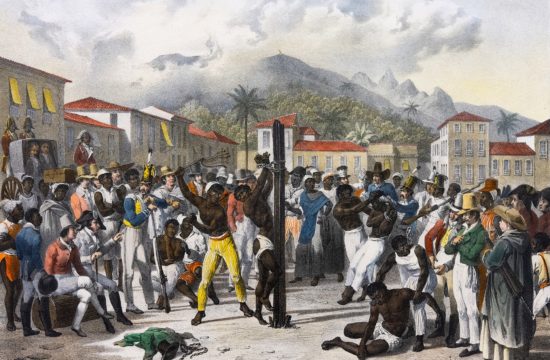Mahmoud Khairou
Civil Engineer, Trade Unionist – The Union of Mauritanian Workers (UTM) – MAURITANIA
The international context is dominated by a mysterious pandemic of the Coronavirus called CoVID-19, an unknown that remains unknown with its numerous mutations and several variants (Alpha-Beta-Gamma- Delta-Kappa-Omicron etc.) circumscribed in waves (1-2-3-4 etc.) tending to disrupt scientific progress. Damaging, thus, the human lives, the sanitary structures, the finances, the economy, the politics, the social, the democracy, the culture, sports, the world of work, the climate etc.
Before diving into the depths of this article, it is appropriate as the first step to make a brief historical review of the origins of democracy and then see how this COVID-19 pandemic is challenging one of the oldest systems of governance in the world, namely democracy.
Indeed, if we consider the etymology of the word democracy in ancient Greek demokratia, demos which means people or population of a country and kratos meaning power, authority. From this, we can say that democracy means power and authority belong to the people.
Indeed, it is in the city of Athens in ancient Greece around the 5th century B.C., following the serious economic and political crisis that it has known that this new system of governance was put into action for the first time. And whose craftsman is the Greek Solon (640-658), which earned him the appellation of the father of Athenian democracy. After him, it was the Greek Pericles who took up the torch by opening the political life to all the citizens of Athens.
Several thinkers and leaders after them came to consolidate the concept, we will quote among them John Locke (1632-1704) and Charles de Secondât known as Montesquieu (1689-1755) through the principle of the separation of powers (Executive, Legislative and Judicial) in order to limit injustice and abuse.
And a leader in this case, the president of the United States from 1860 to 1865 Abraham Lincoln said about democracy: It is the government of the people by the people for the people.
Democracy can be direct (citizens gathered in assembly) or representative (citizens choose representatives to exercise power on their behalf) whose fundamentals are characterized by the freedom of expression, consultation, circulation, representation, participation, voting, choice through equality, justice, equity, respect for the fundamental rights of citizens (association, groups,…), separation of powers, etc..
Nowadays, this democracy functions as a representative system that is exercised through free elections that determine the parties or independent personalities that attract the confidence of the largest number of citizens.
After reviewing the history of democracy, we will see how the COVID- 19 pandemic has strongly undermined its foundation.
It is in 2019 that this democratic system, long considered the best governance system in the world, faced an unpredictable COVID-19 virus that originated in the Chinese city of Wuhan (Hubei province).
This has created a health crisis with an uncertain future, plunging the world into an indescribable situation of stress. The advent of this pandemic has pushed the vast majority of the world’s governments to urgently implement barrier measures with the closure of borders, curfews, confinements, closure of markets, cafes, restaurants, schools and the stoppage of intercity traffic.
Add to this the closure of theaters, workshops of the informal and formal economy sectors, the halt of tourism, the halt of flights and slowdown of transport, the enlisting of some workers on technical unemployment, a quasi-continuous slowdown of political, economic, social, artistic, cultural and sporting activities setting the democratic system to a severe test.
A set of measures dictated by the health emergency situation, applied differently in each country, have put the democratic system in question. Also, the freedom of movement of people and goods and the freedom of expression have not been spared. To this must be added the efforts to fight against climate deregulation which have been largely affected.
In this framework, the governments of the world were divided in two, on one hand the authoritarian rulers who largely benefited from the advent of the pandemic of the COVID- 19 to carry out their Machiavellian plans affecting a democracy already in throes in their countries. And whose direct consequences were the undemocratic and unconstitutional changes seen in some of these dictatorial regimes. It is true that building the rule of law, good governance and transparency depend on the respect of the most fundamental democratic rules, namely the respect of human rights.
And on the other hand, democratic governments that were between a rock and a hard place either apply anti-democratic measures and save human lives or respect democracy and let human lives perish.
The most relevant examples are: the confi nement, depriving the population of their fundamental freedom of movement; the fi rewalls; the repression of demonstrations opposed to this situation; the stopping or postponing of electoral processes (campaigns, meetings, electoral operations, etc.) which constitute the foundation of democracy. Another illustration is that of regular and especially irregular migrants (undocumented migrants, asylum seekers, etc.), migrant women and their children, who are already living in precarious situations, will see their basic rights to family reunifi cation, access to vaccines, and money transfers strongly affected.
In addition to the millions of workers who have lost their jobs, others subjected to technical unemployment, the sector of the formal economy and especially that of the informal economy have been largely shaken by the pandemic. It is clear from the above that COVID-19 has subjected democracy to a difficult examination by opening a wound that remains gaping.
In this delicate and urgent situation, the right to health and life are undeniable rights and remain the utmost priority. In this sense, democracy is a system of governance that has the advantage of promoting human life, rights, development and the blossoming of citizens. Can we say in this situation that the application of barriers that undermine human dignity is not a necessary evil to human dignity?
This challenges our conscience to put in place laws that are adapted to times of natural and health crises. A legal arsenal that gives priority to human life without being at odds with the most fundamental democratic rules, a democracy concerned with the future of the people, a democracy that gives priority to the changing expectations of citizens in order to build a more sustainable and forward-looking world.
The CoVID-19 pandemic is a devastating scourge that has come to undermine the fundamental rules of democracy, to make humans aware of the need to rethink the democratic model in force.
Why not rethink a democratic model that is more attentive to the needs and expectations of populations that are changing with the unpredictable evolution of life?
A democracy that privileges the health dimension and gives priority to human life, while avoiding being in full contradiction with the principles on which it is founded.
The democratic system in force is in disarray in several countries around the world, lack of good governance, authoritarianism of certain leaders, difficulties in restoring a state of law, the meteoric rise of corruption, pressure of all kinds on electoral processes, the rise of men holding large amounts of capital, thus changing the political order, the buying of consciences, submission to the community order, notability, ideology, sectarianism, ethnicity, tribe established and blackmail of all kinds, etc. In short, a democratic system (representative) failing through a legislative power most often subservient to political power and largely under the sway of economic power is now faced with a new executioner (COVID-19) that may bring the coup de grâce.
We ask ourselves the question, if this representative democracy is sustainable and able to transcend the many contemporary challenges we are facing?
We believe that we need to rethink the representative democratic system in full crisis and why not consider replacing it with a more participatory or consensual democratic system that takes into account the changing needs and expectations of the people, a sustainable and resilient democratic system capable of dealing with the unpredictable changes and natural and health disasters that the world is facing.
A democracy that serves equally the strongest and the weakest, a democracy that honors the voice of consensus, dialogue & continuous consultation and not a democracy in the hands of a majority that submits a minority to its will.
Not a democracy that gives birth to parliamentarians who have cut off all contact (consultation) with their constituents and do not respect any accountability to them. From this point of view, we advocate a democracy with a conscious human dimension that takes its vitality from the new technologies of information and communication but a continuous democracy that refers to the people’s pools through surveys, communication platforms, forums and others, a democracy where the opinion of each citizen is important and where only reason prevails.
If we want to achieve the Sustainable Development Goals (SDGs), in particular Goal 16 (Promote peaceful and inclusive societies for sustainable development, ensure access to justice for all and build effective, accountable and inclusive institutions at all levels), we must urgently review our failing democratic system and see a democratic system that adapts to all times and contexts.
It emerges that the representative democracy in front of the test of the CoVID-19 pandemic demonstrates its limits, for unable to adapt to this new crisis of pandemic through the excesses and excesses noted in its management.
This dares us to propose a sufficiently consensual democratic system, open to new technologies of information and communication, which is more resilient and sustainable.
A word to the wise is enough!
Regards,











